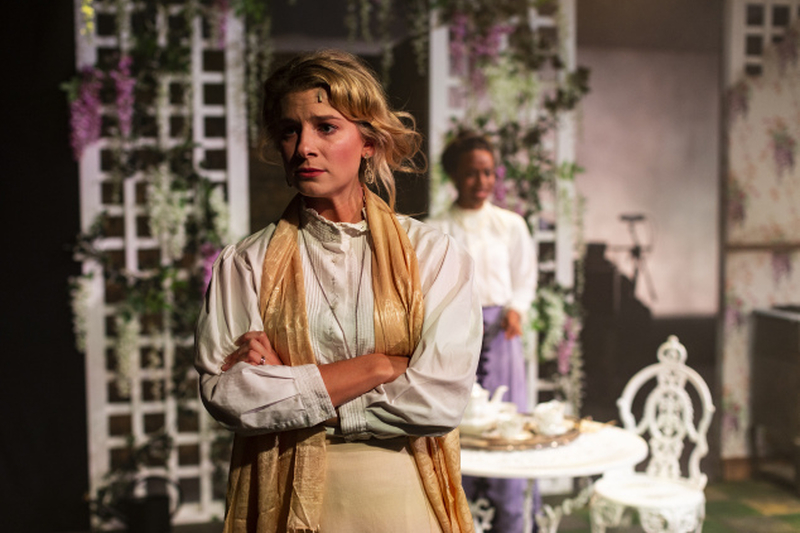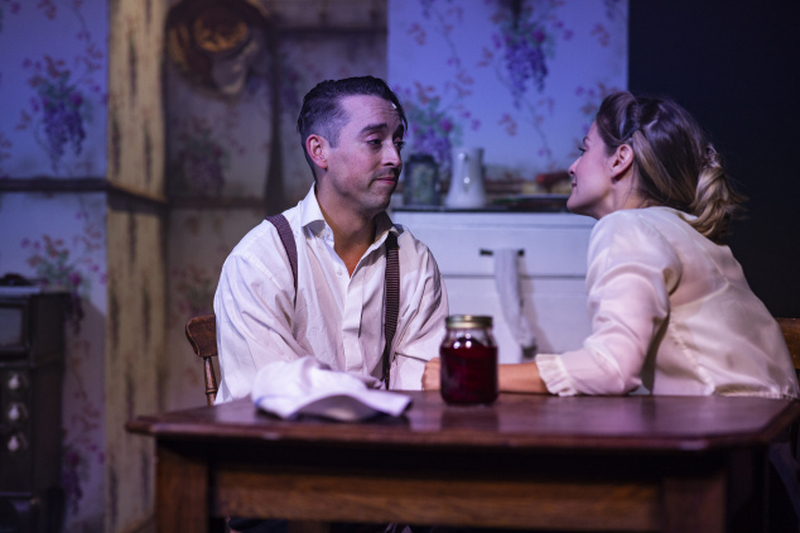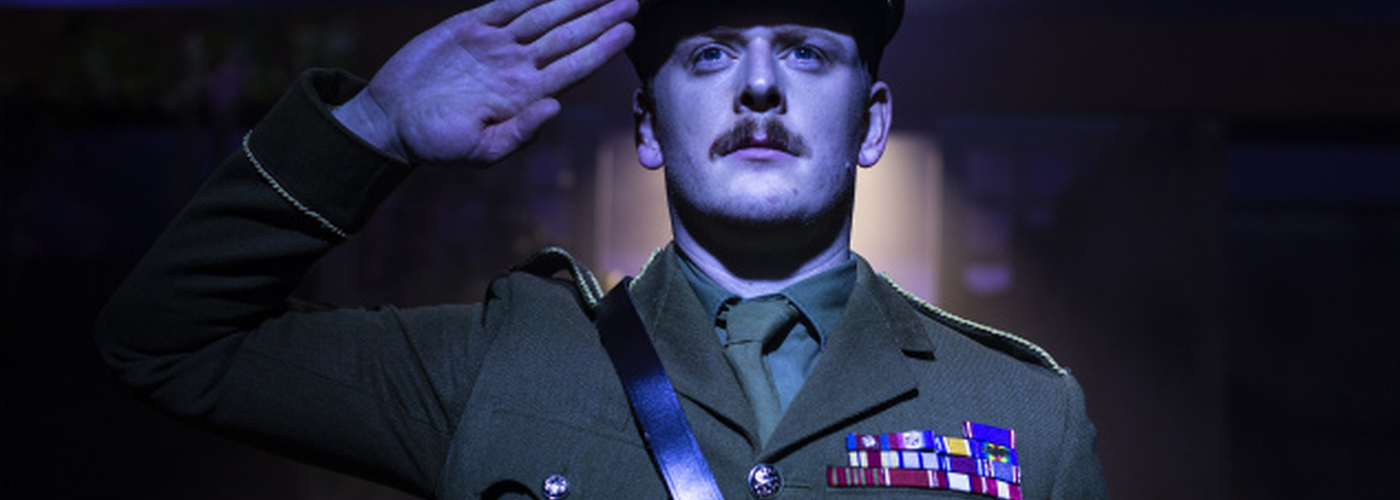Joan Davies enjoys this timely adaption of the post-war novella
Hope Mill’s current production The Return of the Soldier is a four-year old musical by Charles Miller and Tim Sanders, an adaptation of Rebecca West’s novella written at the end of World War One.
The story is set in Harrow during the summer of 1916. Shell-shocked officer Christopher Baldry returns from the front, where three women are waiting for him. Having lost the last six years of his memory, his recent correspondence has with his previous love, Margaret, now almost happily married to William Grey. Captain Baldry arrives at the family home to find not only his well-remembered cousin Jenny, but also his wife Kitty - now a stranger to him.
The pace and presentation of the piece sets a tone of a still-Edwardian style country in waiting, waiting for news from the front, waiting for change…paused in a calm summer garden of safety while the winter of war rumbles on a short distance away, determining their fate.

The five-strong cast inhabit the roles with the commitment and authenticity that has become standard at Hope Mill. Chris Jenkins as Christopher Baldry gives a charming, emotional and moving performance; from flashbacks of the idealistic young lover to the twice bereaved and traumatised captain, husband and father.
Tessa Kadler is a strong Kitty Baldry, not a likeable character at the start but able to elicit sympathy for her loss and her determination as she both fights and compromises to gain the ‘return’ of her husband’s real self. Naomi Slights’ Margaret holds the audience's sympathy: her ability to do the right thing, survive her loss and move on positively is rarely in doubt. Esme Sears as cousin Jenny makes the best of a low-key role as the observer who nudges progress throughout.
Marc Pickering’s dual role performance, as the suitably named Mr Grey and the modern psychiatrist Dr Anderson, is superb. With shades of George Formby and Chicago’s ‘Mr Cellophane’, weak man in love, his ‘Grey’ character grows and entertains as he makes sacrifice upon sacrifice as an unhealthy non-combatant. The psychiatrist’s song and dance is delivered in great style.

War, early twentieth-century style and its consequences sit at the core of this story. A 2018 production is well-timed. Rebecca West was an effective and powerful writer, so this story, despite its brevity, successfully reflects on gender and class issues, ideas of masculinity, and the power and necessity of grief and memory, set in a story of human strengths and failings. Tim Sanders’ script successfully captures West’s sardonic humour, as well as her insights to maintain the complexity of her writing, while Charles Miller delivers a contemporary twist on English music styles from the period.
Charlotte Westenra’s confident direction pulls these talents together to provide a strikingly memorable theatrical experience.
















